Column by Harrison Wise, President of Wise Collective, Inc.
Is Now the Time for Sports Leagues to Embrace Sponsorship from Cannabis Brands?
To quote Bob Dylan, “the times they are a-changing.” Where cannabis and its use were once relegated to the shadows, recent changes in legal status and increases in scientific studies have begun to shift social perception, meaning cannabis, and cannabinoids like CBD, are starting to be embraced by the mainstream.
While individuals all over the United States may be just fine with cannabis, as indicated by the sweeping approval of cannabis-related ballot measures in several states in the 2020 election, it remains a schedule 1 substance at the federal level.
This complicated legal status puts limitations on where and how cannabis brands, dispensaries, and CBD products can be marketed and promoted. However, despite these apparent limitations, some brands and sports leagues have moved forward with sponsorship deals and partnerships.
What is the cannabis landscape in the sports industry, and is now the time for leagues to embrace cannabis sponsorship?
Here’s a closer look at the current state of play and what it all means for the future.
Changes to Cannabis Use in the Sports Industry
Admitted cannabis use has increased across a number of industries, and the sports industry is no exception.
We are a long way from 1998 when Canadian snowboarder Ross Rebagliati won the first-ever Olympic gold medal in Men’s Snowboarding only to have it taken away after his blood test came back positive for Tetrahydrocannabinol (THC). While his medal was later returned, this incident prompted an international discussion around cannabis and its properties as a performance-enhancing substance.
Of course, there were plenty of punchlines. There was feigned surprise at an extreme sports athlete using cannabis and lots of jokes about “couch-lock” and enhanced athletic performance. But, this incident from over 20 years ago was a precursor of things to come.
The rise of the opioid crisis in North America and the startling reality of long-term concussion-related illnesses have left many professional athletes looking for a new direction and a workable solution.
In recent years, the scientific community and medical researchers have looked at the benefits of using cannabis and CBD oil to aid in pain management and sports recovery. And while the research is ongoing, early indications are favorable.
Increased cannabis legalization, changing public opinion, and a wide range of potential health benefits have led current and former high profile professional athletes to speak out in favor of cannabis use in training and as a way to address chronic pain, inflammation, and anxiety.
Despite the fact that some positive movement towards medical and cultural acceptance of cannabis and CBD usage, widespread change in professional sports has been slow.
Cannabis and the Big Four
The “Big Four” sports leagues, the NBA, the NFL, the MLB, and the NHL, have yet to fully accept cannabis from both a player use and sponsorship perspective. But there are signs that things could be changing.
- NHL: The National Hockey League has long been the most relaxed of the major leagues. THC and CBD are not included in the banned substances list, and players will only be flagged for either cannabinoid if they are present at ‘dangerously high’ levels. From there, it will be recommended that the player enter the league’s Substance Abuse and Behavioral Health (SABH) Program. It is not mandatory to enter the program, and the player will not face fines or suspensions.
- MLB: In late 2019, Major League Baseball removed cannabis from its banned substance list. Similar to the NHL situation, MLB, in conjunction with the player’s association, has decided not to punish players for testing positive for cannabis and will refer players to the “treatment board.” Players will not be punished for failing to participate in the treatment program.
- NBA: The National Basketball Association is one of the most socially progressive leagues in professional sports, but it falls well behind the NHL and MLB when it comes to cannabis regulations. Despite widespread reports of players bringing cannabis into the Orlando playoff bubble, they are still not technically allowed to consume. Cannabis is on the banned substances list, and anything greater than 15 nanograms of THC per milliliter is considered a positive test. The consequences for a positive test ranges from drug treatment to monetary fines and multiple game suspensions, depending on how often the player has tested positive. Players are tested 4 times per year. Notably, however, cannabis testing in the NBA was suspended for the 2020-2021 season.
- NFL: The National Football League has historically been the strictest and most punitive of the Big Four. In March 2020, the league announced that under their new collective bargaining agreement, players would no longer be suspended for a positive marijuana test, that testing would be limited to the first two weeks of training camp (instead of April-August), and that the amount of THC needed to trigger a positive result would be increased “fourfold.” A player may still be suspended, depending on the number of positive tests, but a first-time offense means a referral to a treatment program with suspension as a consequence for not participating.
The Big Four are massive organizations that in many ways, are slow to adapt and change. Current and former players in all leagues are voicing their support for significant revisions to stated drug policies. Anecdotally, athletes have reported significant benefits when using medicinal cannabis or a CBD product as part of their training regimen or for pain relief.
As the chorus of voices in support of cannabis grows louder in professional sport, particularly as an alternative to opiates or other high powered medications, leagues will be forced to listen and adapt.
It is possible, and likely that this shift will first be seen through partnerships and sponsorships with cannabis brands.
Athletes, Players, and Professional Sports Leagues Embracing Cannabis Sponsorship
Despite hesitation from the Big Four, there is growing acceptance of cannabis and cannabis sponsorship in the sports industry. Below are just a few of the individuals and leagues changing the sponsorship landscape.
Athletes and Players That Have Embraced Cannabis Sponsorship
Many athletes, both active and retired, have endorsed, become brand ambassadors, or accepted sponsorship from a cannabis or CBD brand.
- Ricky Williams Jr: Ricky Williams is one of several former NFL players speaking to the potential benefits of cannabis and CBD. As an NFL and CFL running back, Williams was suspended a number of times for violating the league’s cannabis policies. Since retiring from football, Williams has started his own brand of cannabis-based products and speaks to the pain-relieving effects of CBD.
- Megan Rapinoe: Megan Rapinoe is arguably the face of women’s soccer in the United States. She is also the brand ambassador for Mendi, a sports recovery CBD brand founded by her twin sister Rachel.
- Sue Bird: WNBA legend Sue Bird, is also a brand ambassador for Mendi and uses it to fight inflammation and joint pain, despite cannabis restrictions imposed by her league.
- Avery Collins: Avery Collins has the unique distinction of being the only endurance athlete sponsored by a cannabis brand. This ultrarunner is sponsored by The Farm, based in Boulder Colorado.
- Lucas Glover: Lucas Glover is one of a handful of PGA tour athletes to strike a partnership deal with the CBD company Medterra. This brand has invested heavily in the golf market and uses athletes like Glover to talk about their experiences with the product and how it helped him return to tour success with 16 top 20 finishes in 2019.
- Bubba Watson: Watson sported the cbdMD brand logo on his visor during his play at the PGA Tour Championship in 2019.
- James Hinchcliffe: Hinchcliffe’s Arrow Schmidt Peterson Motorsports car was one of two sponsored by Defy, the CBD sports performance drink.
- Eryk Anders and Tecia Torres: Anders and Torres are two UFC fighters that have been sponsored by Infinite CBD, one of the top producers of sports-related CBD products.
- Max Warbington and Nora Beck: Warbington and Beck are professional snowboarders sponsored by the Oregon-based cannabis dispensary, Tokyo Starfish. This brand focuses on lifestyle aspects over performance and both athletes report using cannabis as a way to unwind after intense training and competition.
In no way is this list complete and as the cannabis stigma disappears, we will likely see more athletes accepting brand partnerships and sponsorships.
Leagues That Have Embraced Cannabis Sponsorship
Just because the Big Four leagues haven’t moved to accept team or league sponsorship from cannabis brands, it doesn’t mean that others in the sports industry aren’t jumping at the opportunity.
Here’s a look at some of the leagues that have embraced cannabis or CBD sponsorship:
- USL: In 2018, the United Soccer League’s, Las Vegas Lights FC became the first US-based professional sports team with cannabis sponsorship. The team signed a 3-year deal with NuWu Cannabis Marketplace, a dispensary located near the stadium. The dispensary sells Lights jerseys and merchandise in their retail space and has a 36-by-18-foot sign in the stadium encouraging fans to “Get Lit.”
In 2020, USL signed a 4-year deal with Synchronicity, a full-spectrum hemp oil brand from Functional Remedies. The league has 47 North American teams and games are broadcast on ESPN. Under the agreement, Synchronicity’s products will be featured on USL stadium signage, social media channels, the website, and the app network.
- The Premier League: In May 2020, the English Premier League team, Everton FC, was reportedly in talks with cannabis company Swissx for a shirt sponsorship deal. Should the deal go through, Swissx would be the first CBD product producer to have a shirt sponsorship deal in place.
- MLS: At the end of 2020, Major League Soccer had reportedly opened the doors to CBD sponsorship. League Commissioner, Don Garber, revealed that the league has lost upwards of $1 billion in revenue due to the coronavirus pandemic. It is possible that increasing sponsorship opportunities to include CBD brands may help the league, and teams recoup some of their losses.
- NWSL: The National Women’s Soccer League has been on the leading edge of this sponsorship movement. At least three league franchises have been sponsored by CBD brands and two of them, the Utah Royals and the NC Courage, are sponsored by Mendi.
- PGA: Aside from sponsorship deals inked with individual players, like Bubba Watson, PGA tournaments are starting to accept cannabis industry sponsorship. In January 2020, The Farmers Insurance Open was sponsored by CV Sciences’ brand, PlusCBD Oil. In addition to being one of the event sponsors, the brand had a booth set up on-site for those attending the event.
- UFC: Despite handing out stiff punishment to fighters Nick and Nate Diaz in the past, the Ultimate Fighting Championship has now embraced cannabis sponsorship. In 2019, the UFC signed a 5 year deal with Aurora Cannabis. The deal, which includes ad placements in the octagon, is reportedly worth $15 million per year. By January 2021, the UFC had announced that, in partnership with the U.S. Anti-Doping Agency, it would remove cannabis from its list of punishable violations.
- Bellator: In 2019, Bellator MMA signed a sponsorship deal with cbdMD. The category-exclusive deal renewed in July 2020 gives cbdMD the opportunity to be prominently featured on the mat during fights.
- Big3: The Big3 is a professional 3-on-3 basketball league that features many former NBA and international players. In 2019, the league signed a sponsorship deal with cbdMD. As the first professional league to openly allow the use of CBD for pain management, the partnership makes sense. The brand logo appears on the jersey of all 12 league teams. This is a big deal as league games are broadcast nationally on both CBS and CBS Sports Network, putting the brand in front of a massive audience.
- eSports Leagues: In 2016, Weedmaps sponsored Smash Summit 3, one of the biggest tournaments in the space. Prior to this sponsorship, Weedmaps sponsored a massive Halo tournament in Florida. It is clear that this space offers a growing potential for sponsorship. Snoop Dogg’s brand, Merry Jane, started the Gangsta Gaming League (GGL) and SOL Global, a cannabis investment firm, has invested in Canadian eSports company, Torque.
The Future of Cannabis Brand Sponsorship for Sports Leagues
One thing is clear—the cultural tide is shifting towards the acceptance of cannabis brands and products.
With high profile athletes like Rob Gronkowski and Joe Montana attaching their name to cannabis and CBD brands and folks like Connor McDavid and Ronda Rousey voicing their support for revised drug policies in professional sports, the writing is on the wall.
Even the notoriously strict NFL is beginning to see the light. In 2019, the league and the players’ union agreed to jointly study cannabis as a pain management tool. The NHL Alumni Association has teamed up with Canopy Growth to research and study 100 retired players to assess the efficacy of CBD products in treating post-concussion neurological disorders. Given the relatively high rates of suicide among NHL enforcers and the long-term negative health impacts observed in several retired NHL and NFL players, it is possible that these studies and partnerships could provide great benefits to those playing contact sports or suffering from concussion-related illness.
Despite the slow crawl towards acceptance, the legalities of cannabis sponsorship remain a hindrance. Even in places that have legalized recreational and medical cannabis use, like the majority of states and all of Canada, cannabis advertising is subject to strict rules.
Assuming that U.S. federal decriminalization happens or is phased in over the next 4 years, sports leagues, particularly the Big Four, will need to amend their collective bargaining agreements. As long as cannabis use remains prohibited, league sponsorships will not happen. And of course, it is possible that television networks will reject cannabis as a sponsorship category, limiting access to a massive audience.
Despite the potential challenges ahead, now is the perfect time for sports leagues to consider sponsorship from cannabis brands. With league revenues being lost to COVID-19 and traditional sponsorship categories like the automotive, retail, and hospitality industries suffering catastrophic losses, changes in industry sponsorship deals will be necessary for survival.
Sports leagues are going to have to turn to industries that grew during the pandemic and embrace emerging categories like cannabis if they have any hope of remaining profitable. This shift will require sports leagues to get creative and employ marketing and PR solutions that push the boundaries. The league that finds the right magic first will come out ahead.
As pressure mounts from athletes, fans, and accounting departments, it is likely that CBD and cannabis sponsorship will be commonplace in the next few years.
Harrison Wise, President of Wise Collective, Inc.
Harrison Wise is founder and CEO of Wise Collective, an award-winning integrated marketing agency and Chairman and Publisher of TheBluntness.com.
Are you still missing out on The Bluntness newsletter? Sign Up today to stay in the loop.
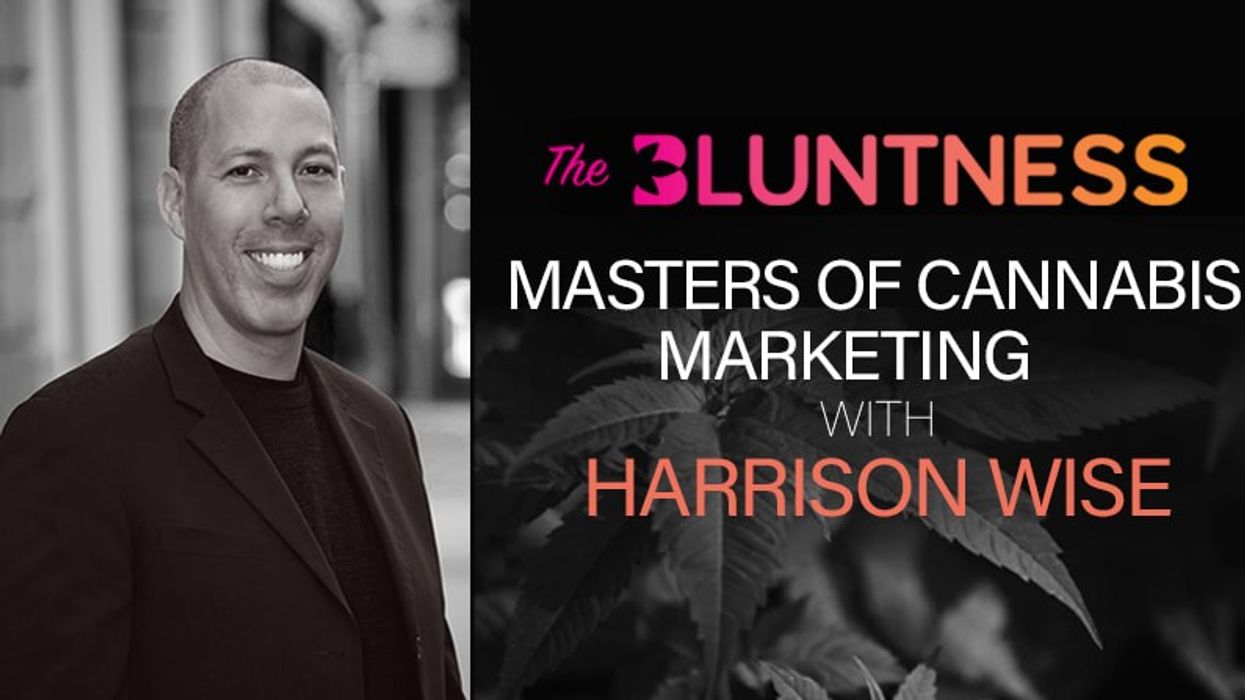





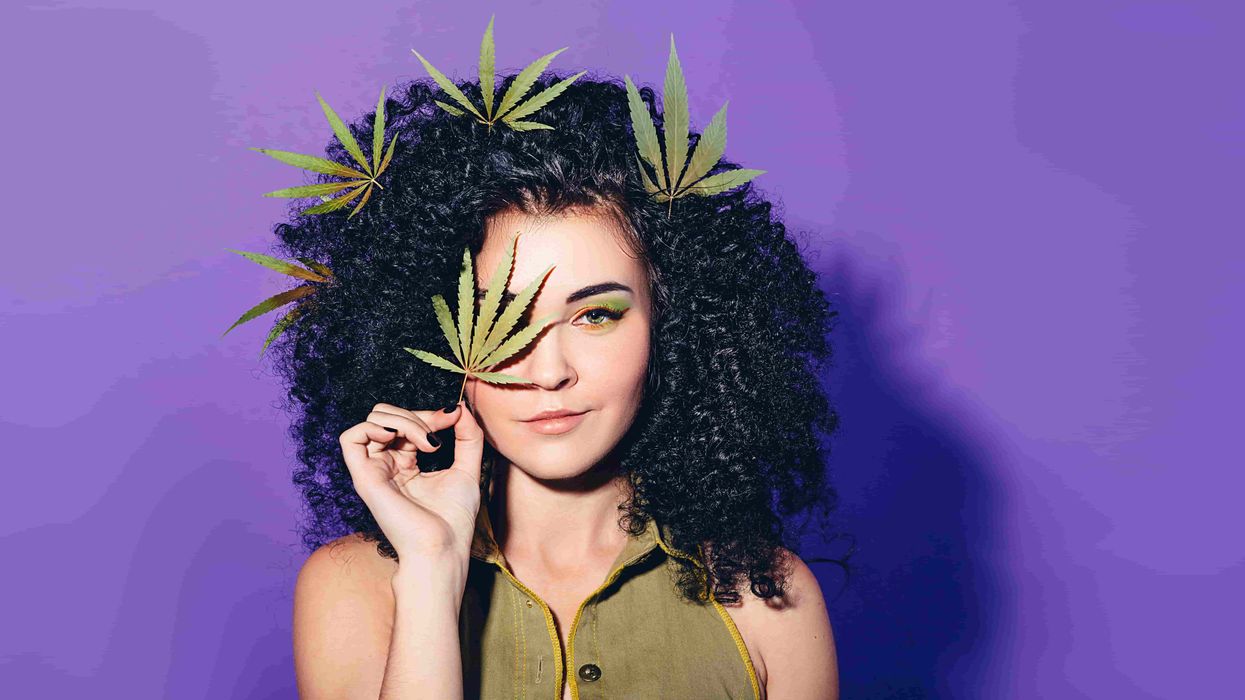






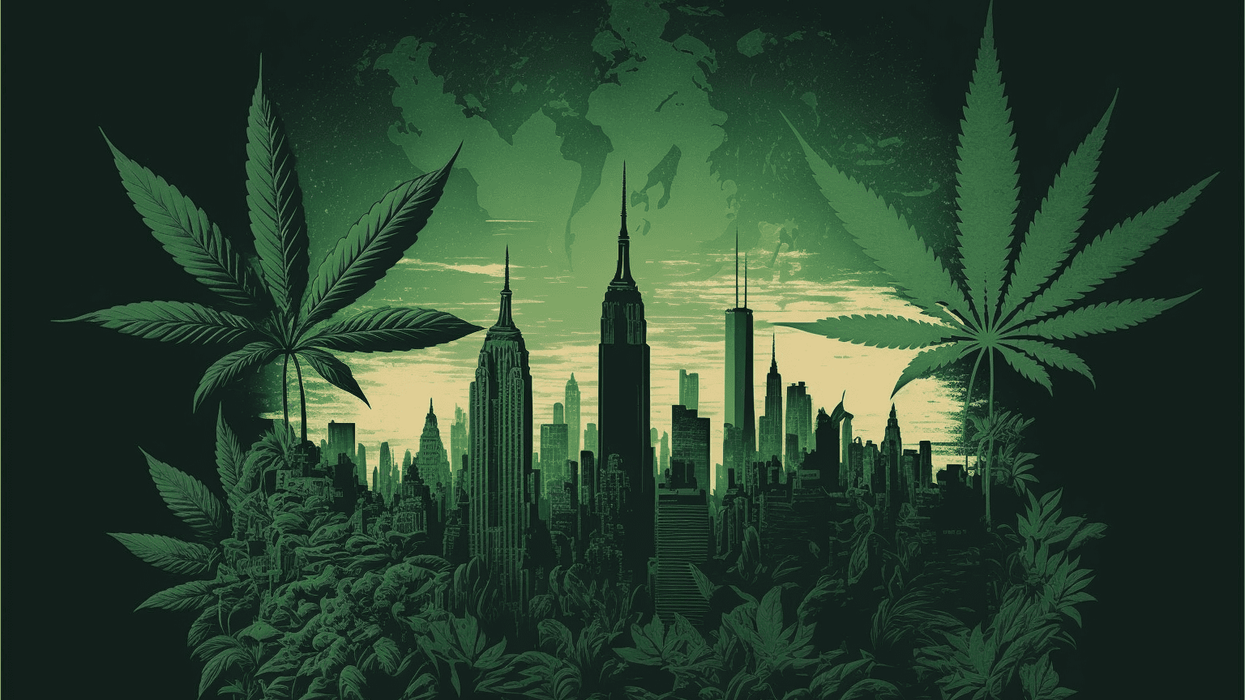
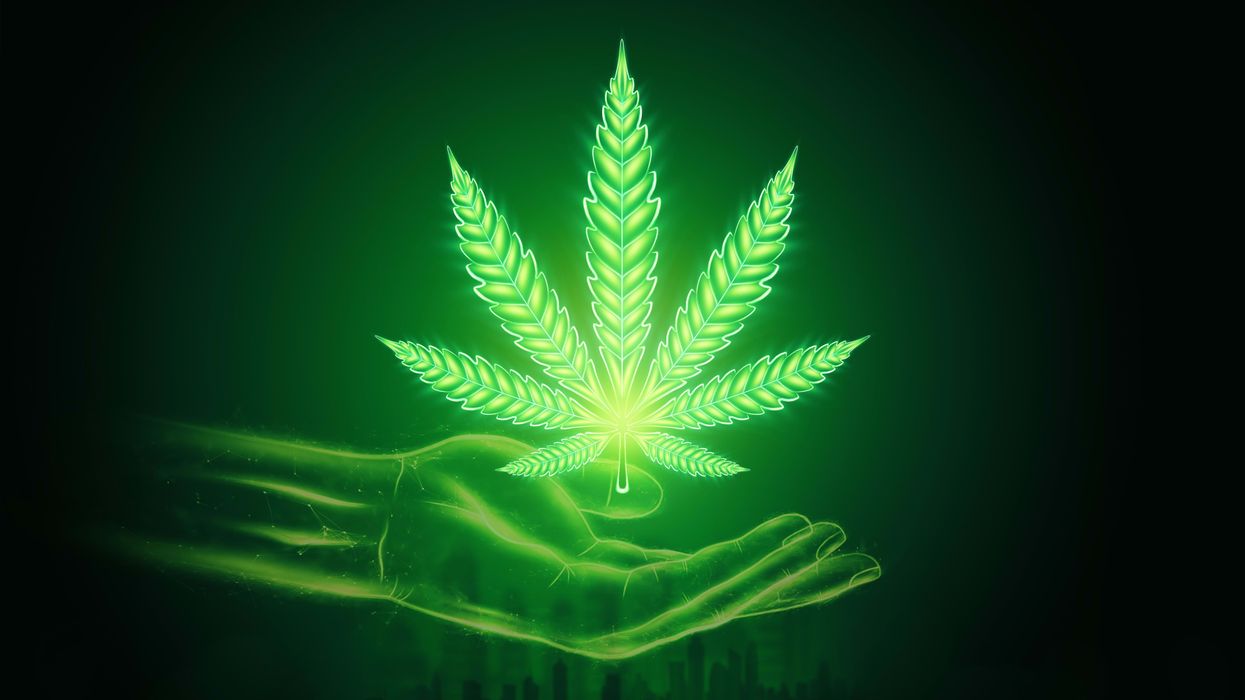
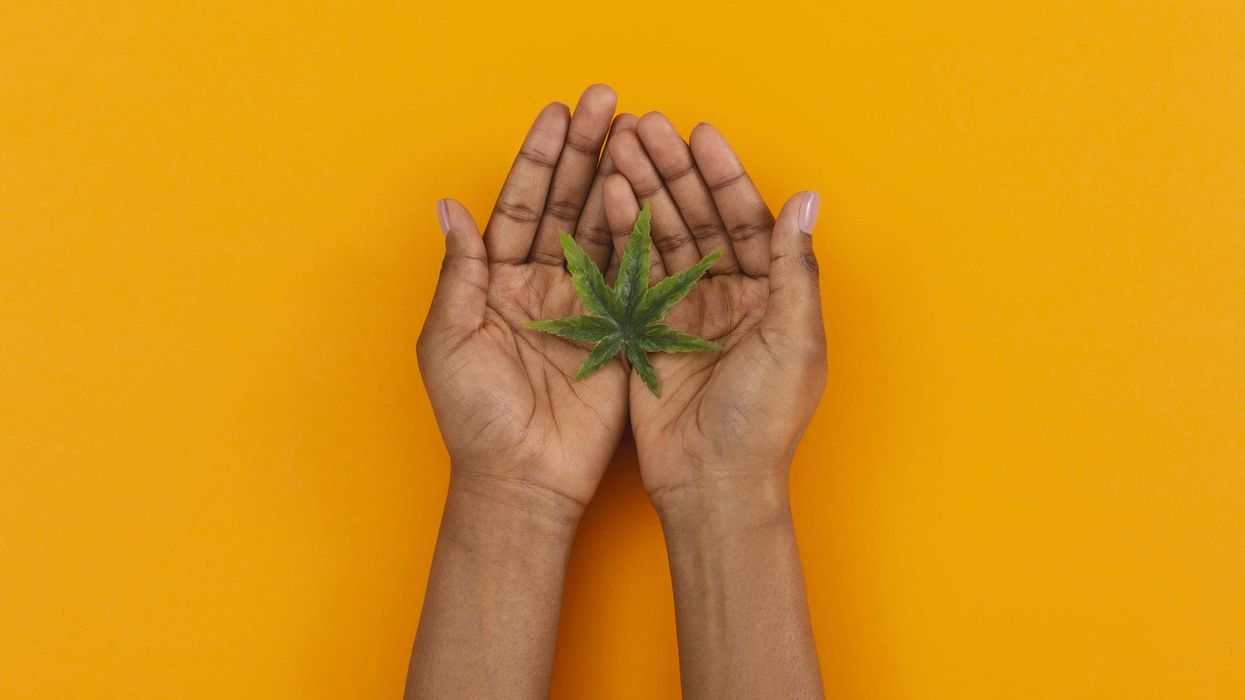
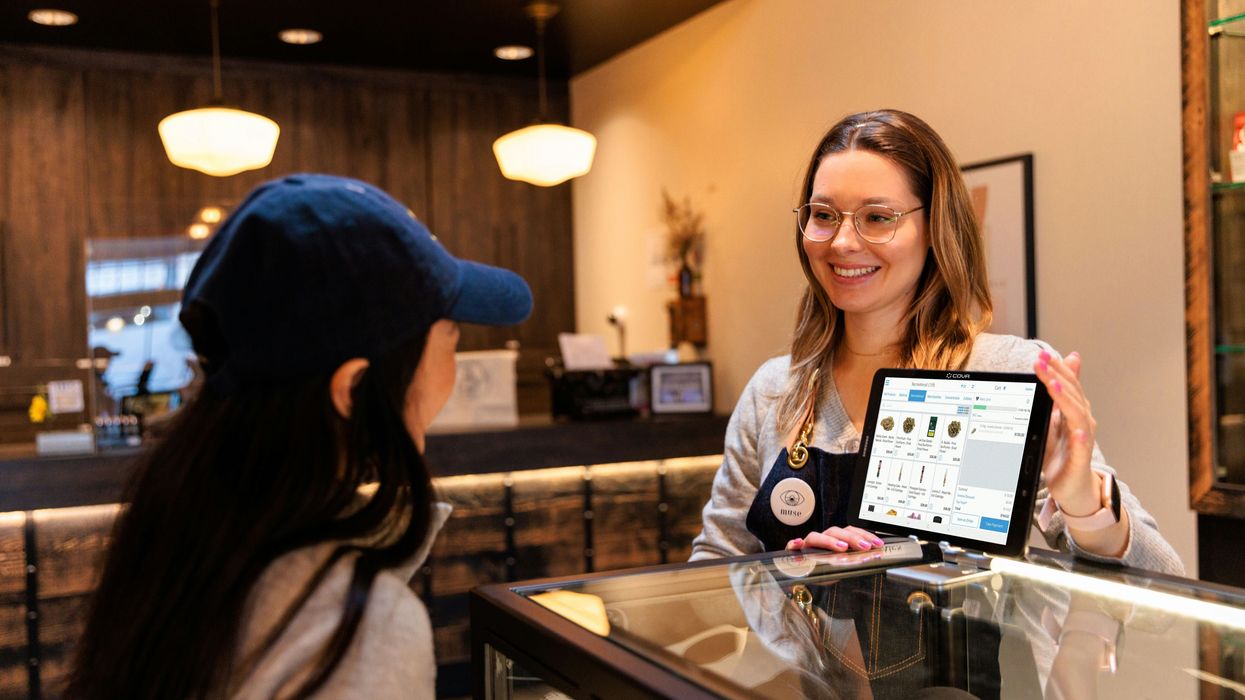
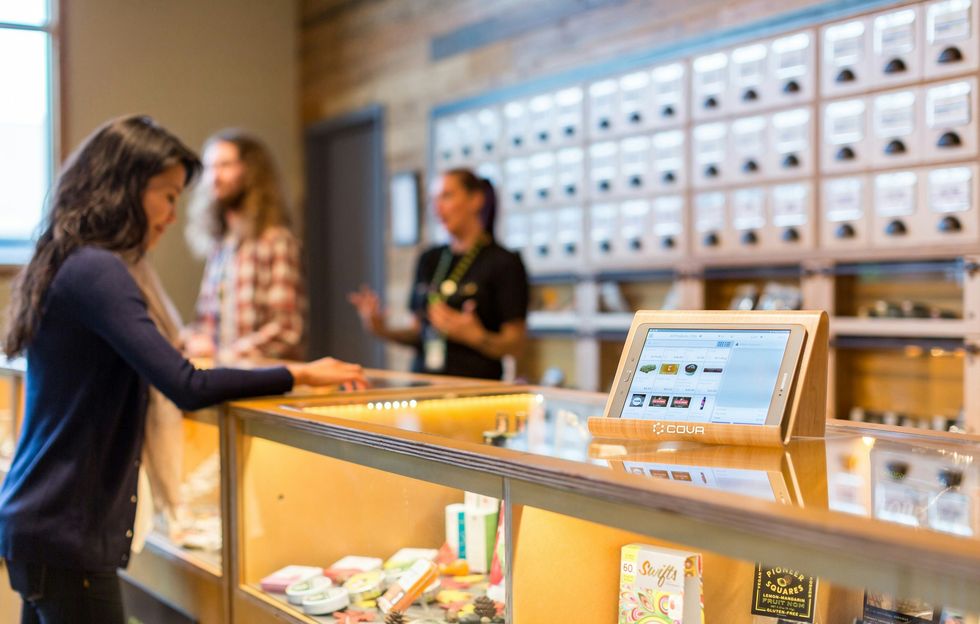 How to Become a Budtender: Complete Career Guide & Salary Information - The Bluntness Photo by
How to Become a Budtender: Complete Career Guide & Salary Information - The Bluntness Photo by  How to Become a Budtender: Complete Career Guide & Salary Information - The Bluntness Photo by
How to Become a Budtender: Complete Career Guide & Salary Information - The Bluntness Photo by